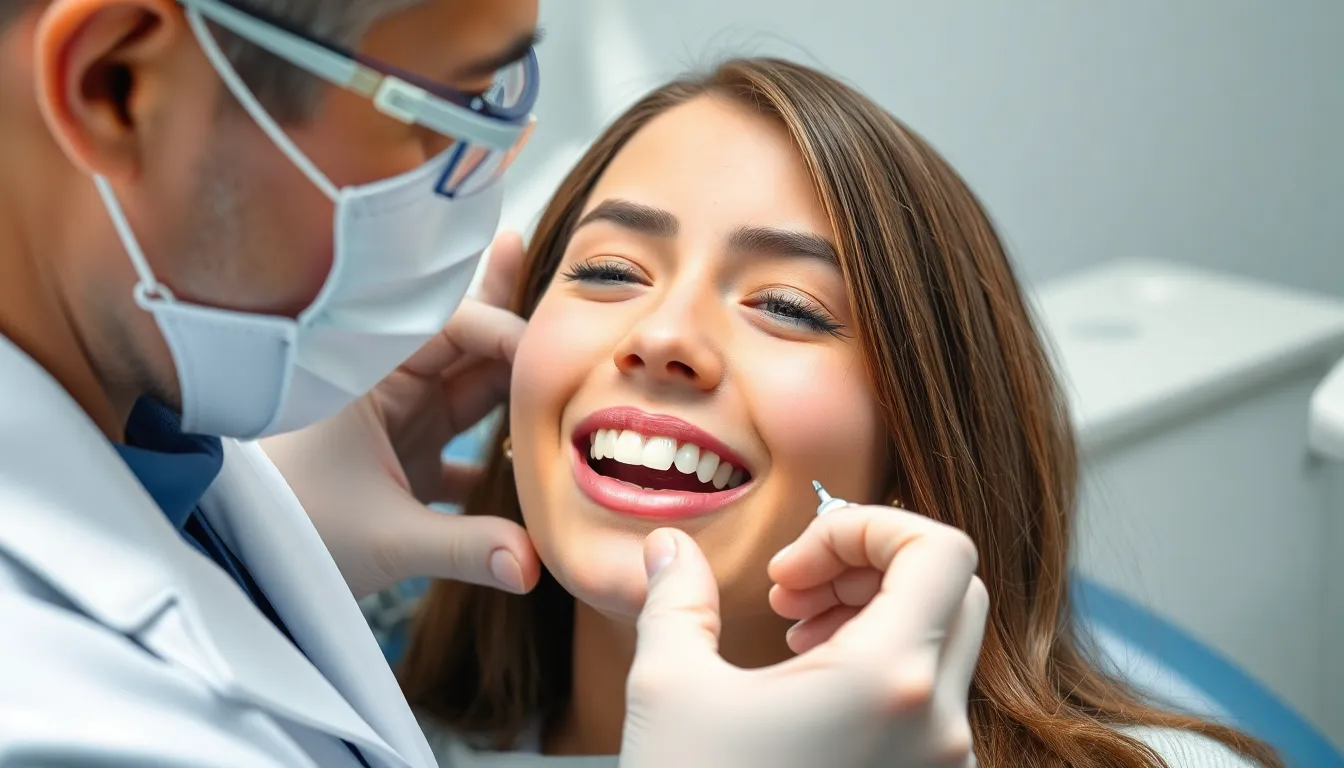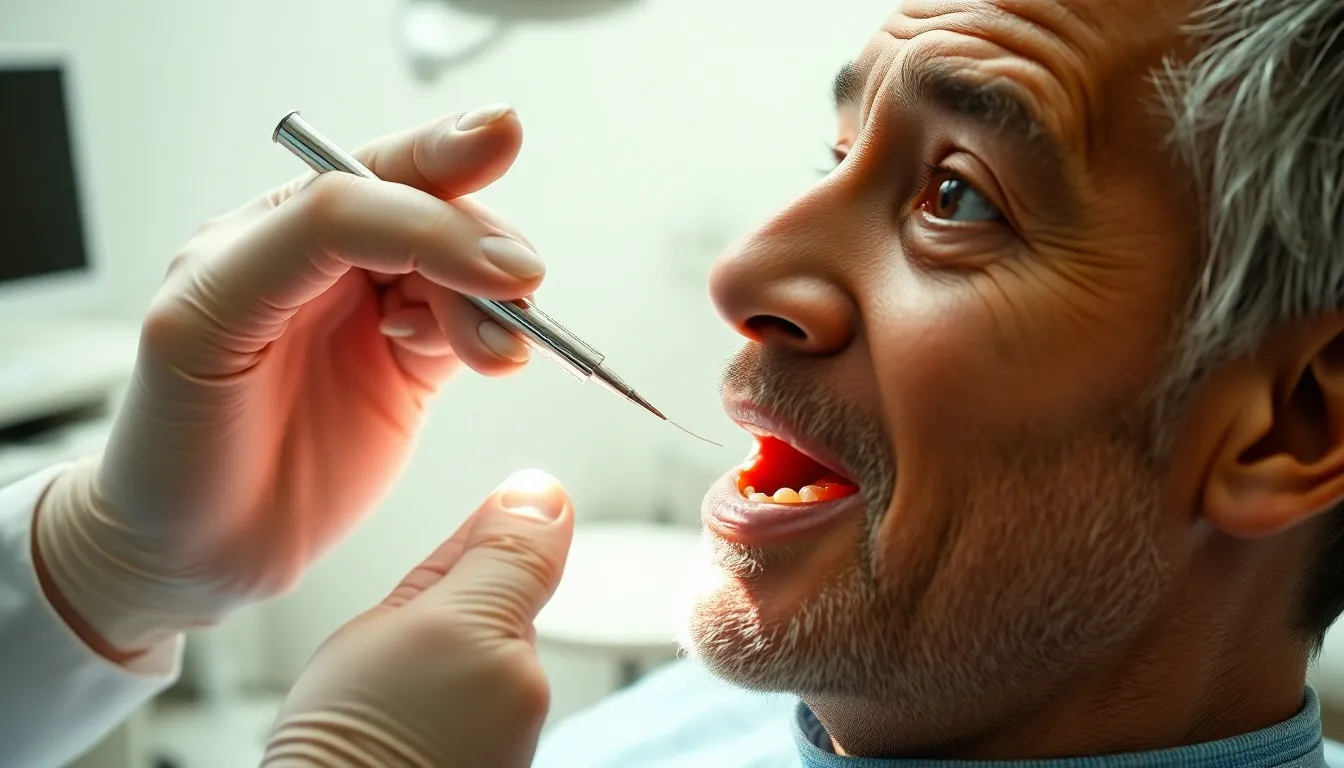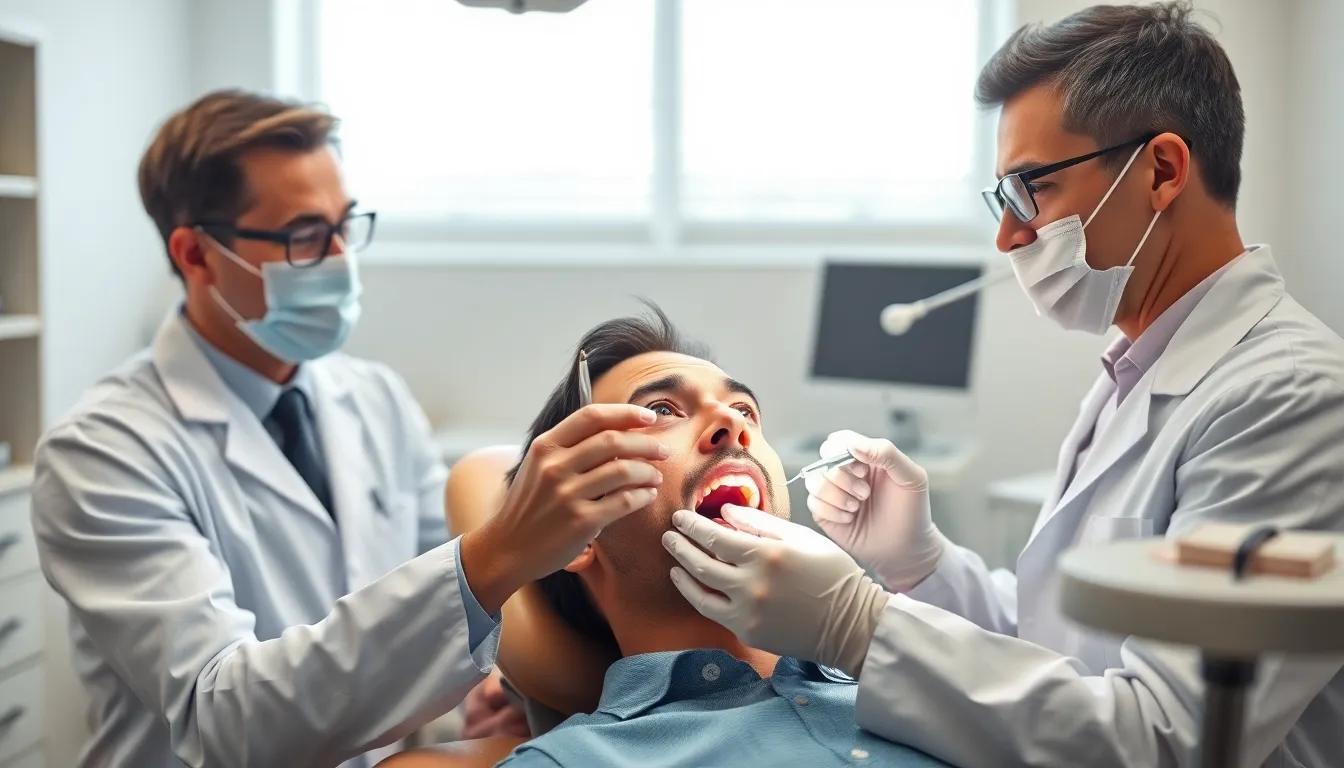Does lupus affect your teeth? If you’re living with this autoimmune disease, you might’ve noticed changes in your oral health but haven’t connected the dots yet. The relationship between lupus and dental health is important but often overlooked.
Lupus can impact nearly every part of your body—including your mouth. From increased risk of gum disease to dry mouth symptoms, the oral manifestations of lupus can create serious dental complications if left unaddressed. Understanding these connections is crucial for maintaining both your oral health and overall wellbeing when managing this complex condition.
Understanding Lupus and Oral Health
Lupus creates a complex relationship with your oral health through its systemic inflammatory effects. This autoimmune condition triggers your immune system to attack healthy tissues throughout your body, including those in your mouth. Research from the Lupus Foundation of America indicates that approximately 50% of lupus patients experience oral complications during their disease course.
Many patients don’t immediately connect their dental problems to lupus. Sarah, one of our long-term patients, shared her experience: “For months, I couldn’t figure out why my gums bled so easily even though my careful brushing. It wasn’t until my rheumatologist asked about my oral health that I realized the connection to my lupus.”
Inflammation from lupus commonly affects the soft tissues in your mouth, particularly the gums and mucous membranes. The disease also impacts saliva production, creating an environment where bacteria can flourish. Studies published in the Journal of Periodontology reveal that lupus patients face a 1.4 times higher risk of developing periodontal disease compared to those without the condition.
Dr. Harris notes, “What makes lupus particularly challenging for dental health is its unpredictable nature. Patients often experience flare-ups that can suddenly worsen oral symptoms, even if they’ve maintained excellent oral hygiene routines.”
Your medication regimen for lupus management adds another layer of complexity to your oral health picture. Immunosuppressants increase susceptibility to infections, while corticosteroids can alter your body’s inflammatory response in the gum tissues. Also, certain lupus medications contribute to dry mouth (xerostomia), which affects 30-40% of patients and significantly increases cavity risk.
How Lupus Directly Affects Dental Health
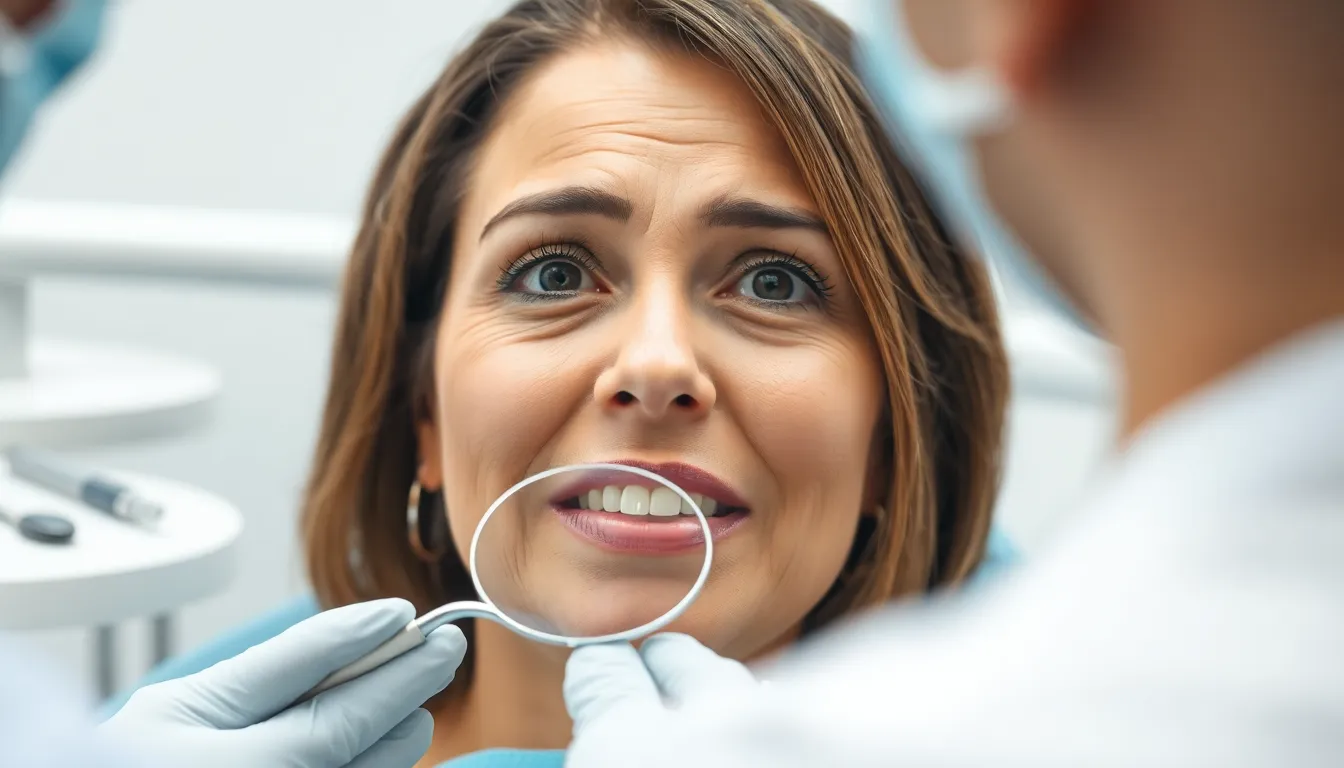
Lupus creates exact challenges for dental health through its inflammatory processes and autoimmune responses. The chronic inflammation associated with lupus manifests in the mouth, triggering a cascade of oral health complications that require vigilant attention and specialized care.
Oral Ulcers and Lesions
Painful mouth ulcers represent one of the most common oral manifestations of lupus, affecting the oral mucosa throughout your mouth. These lesions typically appear on your gums, tongue, and inner cheeks, creating persistent discomfort that can interfere with eating and speaking. Approximately 50% of lupus patients experience these oral ulcerations during disease flares. Dr. Todd B. Harris notes, “Many of my lupus patients describe their oral ulcers as one of the most immediately noticeable signs of an impending flare, often appearing before other systemic symptoms.” Topical treatments provide temporary relief, but comprehensive lupus management remains essential for controlling these lesions long-term.
Dry Mouth (Xerostomia)
Dry mouth conditions affect 30-40% of lupus patients, often resulting from Sjögren’s Syndrome that frequently accompanies lupus. This reduction in saliva production creates an environment where bacteria thrive, significantly increasing your risk for dental decay and infections. Lisa, a 42-year-old lupus patient, shared her experience: “I never connected my constant thirst and rapidly developing cavities to my lupus until my dentist pointed out the relationship between my dry mouth and the disease.” The medications used to manage lupus, particularly corticosteroids and immunosuppressants, further exacerbate this dryness by altering saliva composition and reducing its protective qualities.
Increased Risk of Periodontal Disease
Chronic inflammation from lupus directly contributes to gingivitis development, which can advance to periodontal disease without proper intervention. Research indicates lupus patients are 1.4 times more likely to develop periodontal issues compared to the general population. The inflammatory processes associated with lupus weaken gum tissue and supporting bone structures, creating perfect conditions for bacterial growth. Regular professional cleanings every three months rather than the standard six-month schedule often prove necessary for lupus patients. Active lupus symptoms trigger oral inflammation, while simultaneously, poor oral health can contribute to systemic inflammation, potentially triggering lupus flares in a problematic cycle that requires coordinated care between your rheumatologist and dental professional.
Secondary Dental Complications of Lupus
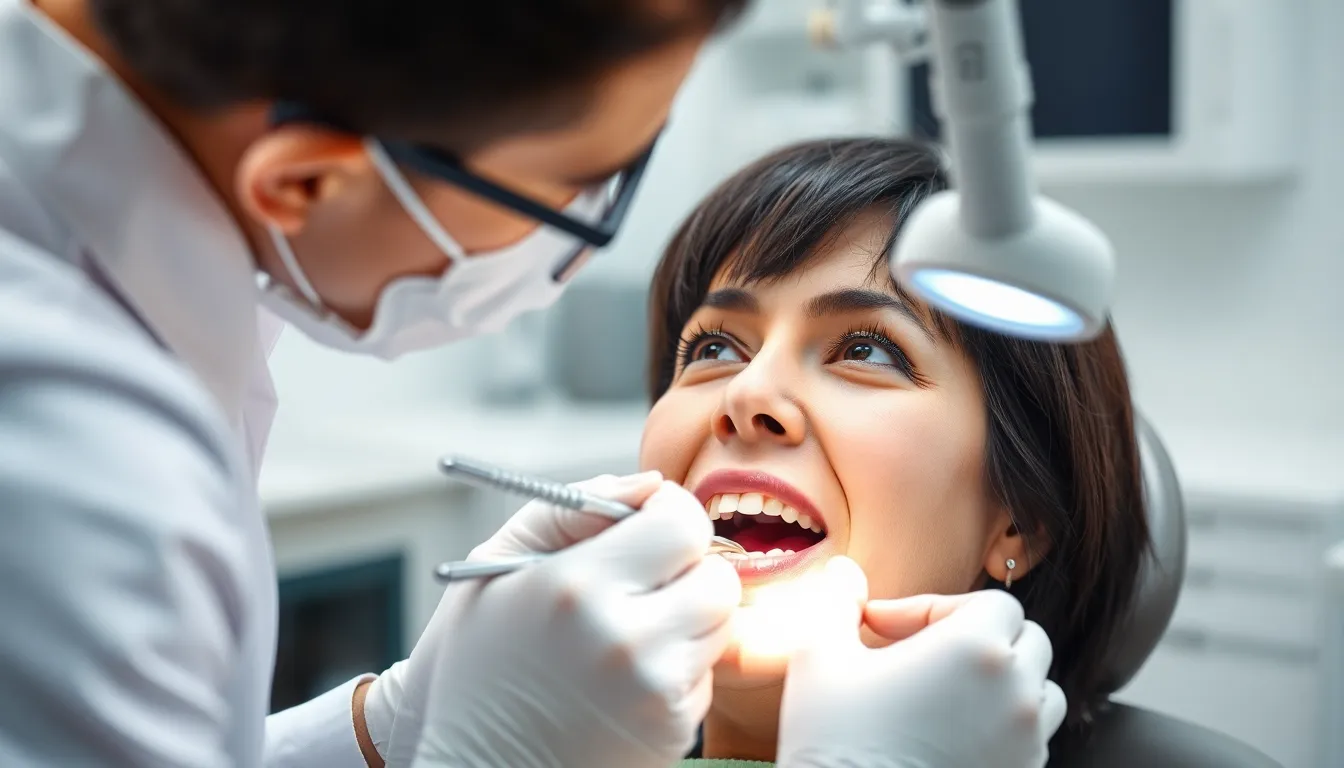
Lupus creates cascading effects on your oral health beyond primary symptoms. These secondary complications often develop gradually and can significantly impact your dental wellbeing if not properly addressed.
Medication Side Effects on Oral Health
Medications prescribed to manage lupus frequently contribute to dental complications. Corticosteroids and immunosuppressants, while essential for controlling lupus symptoms, often cause dry mouth by reducing saliva production. This reduction disrupts your mouth’s natural defense system against acids and bacteria. Many patients report that their medications alter the oral bacterial environment, creating conditions where cavity-causing bacteria thrive.
Dr. Todd B. Harris notes, “I’ve observed many lupus patients struggling with medication-induced oral complications. One patient, Monica, experienced severe tooth decay within months of starting immunosuppressive therapy even though maintaining excellent oral hygiene her entire life.”
The vasculitis associated with lupus can affect blood vessels in your mouth, contributing to tissue damage and persistent oral ulcers that make basic activities like eating uncomfortable. These medication effects combine with lupus symptoms to create complex oral health challenges requiring specialized dental care approaches.
Increased Infection Risk
Your compromised immune system from lupus significantly elevates your vulnerability to oral infections. Painful mouth ulcers affect approximately 50% of lupus patients during flares, making speaking and eating difficult. These ulcers often appear as painful, red sores with white centers and can persist for weeks without proper treatment.
Inflammation in your mouth potentially triggers systemic lupus activity, creating a dangerous cycle where poor oral health worsens overall lupus symptoms. Many patients experience recurring fungal infections like oral thrush due to their immunocompromised state and medication effects.
Jessica, a long-term lupus patient, shared her experience: “I never connected my recurring mouth infections to my lupus until my dentist and rheumatologist began coordinating care. Treating these infections properly has reduced both my oral pain and overall lupus flare frequency.”
Regular professional dental cleanings every three months instead of the standard six-month schedule can help manage these increased infection risks. Dental professionals experienced with autoimmune conditions recognize early signs of infection before they become severe, helping maintain both your oral health and overall lupus management.
Managing Dental Health with Lupus

Managing your dental health with lupus requires a proactive approach due to the increased risks of oral complications. Effective oral care strategies can help minimize lupus-related dental issues and maintain your overall health.
Recommended Oral Hygiene Practices
Diligent oral hygiene forms the cornerstone of dental health management for lupus patients. Brushing your teeth at least twice daily with fluoride toothpaste using a soft-bristle toothbrush removes bacteria and prevents plaque buildup. Daily flossing clears debris between teeth where your toothbrush can’t reach, significantly reducing your risk of periodontal disease—a particular concern since lupus patients are 1.4 times more likely to develop this condition. Antimicrobial or fluoride mouth rinses provide additional protection against decay and gum inflammation when used as directed by your dentist. Maintaining a low-sugar, low-acid diet helps protect your enamel, especially important for those experiencing dry mouth symptoms, which affect 30-40% of lupus patients. Drinking plenty of water throughout the day helps alleviate dry mouth and rinses away food particles that could lead to decay.
Working with Dental Professionals
Regular dental check-ups every six months serve as your first line of defense against lupus-related oral complications. Informing your dentist about your lupus diagnosis enables them to create a customized treatment approach addressing your exact needs. Professional fluoride varnish applications strengthen your enamel, providing crucial protection if you suffer from dry mouth or Sjögren’s Syndrome. Many lupus patients benefit from saliva substitutes or prescription medications that stimulate saliva production, reducing cavity risk and improving comfort. Custom mouthguards offer relief if you experience teeth grinding or temporomandibular joint (TMJ) pain from lupus-related joint inflammation. Studies show that lupus patients often require more frequent professional cleanings—every three months rather than the standard six—to control gum disease and monitor oral health changes. Topical treatments prescribed by your dentist can effectively manage discomfort from mouth sores, which affect approximately 50% of lupus patients during flares. Prompt professional intervention for persistent gum inflammation or oral pain prevents complications that could exacerbate your lupus symptoms, as poor oral health can contribute to systemic inflammation throughout your body.
Treatment Options for Lupus-Related Dental Issues
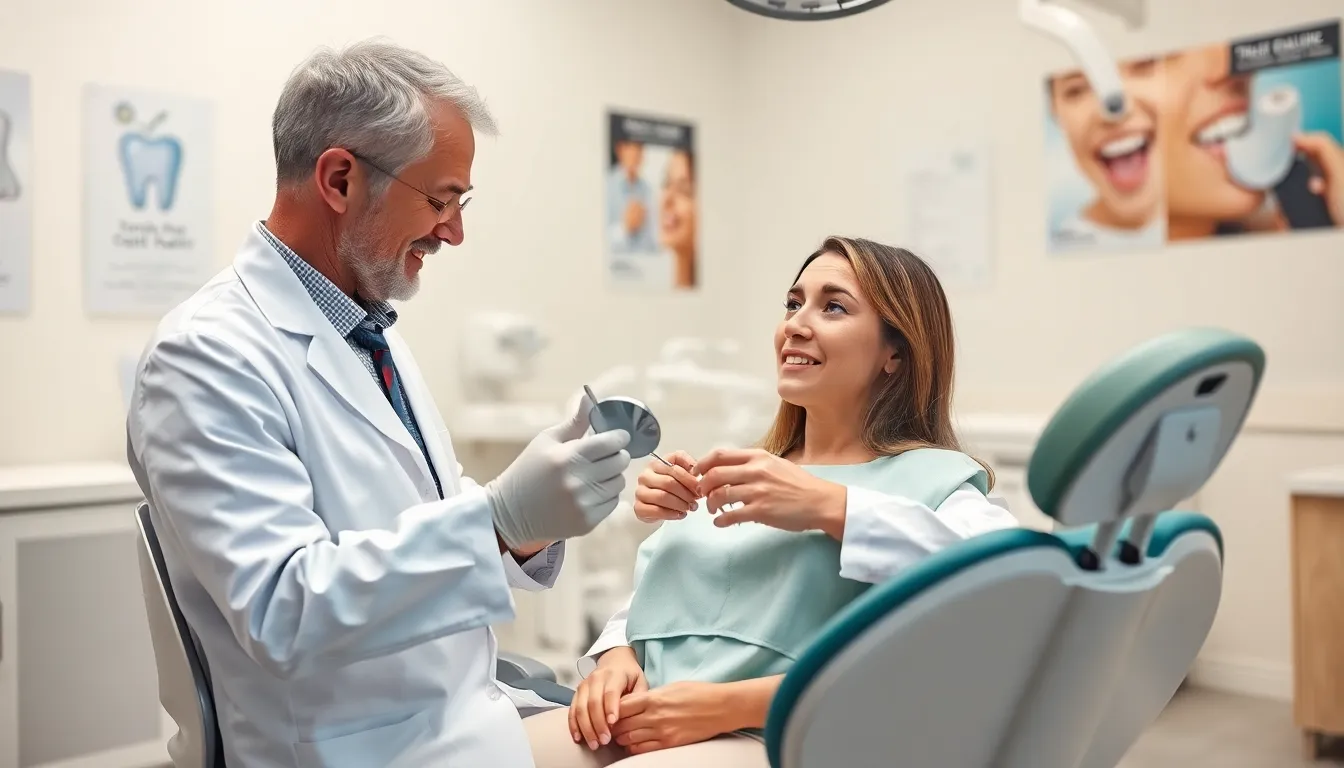
Regular dental checkups form the cornerstone of managing lupus-related oral health problems. Visiting your dentist every six months enables early detection and treatment of issues before they become severe. For those with active lupus, more frequent visits every three months may be necessary to monitor oral health closely. Always inform your dental provider about your lupus diagnosis and current medications to receive appropriate care.
Implementing thorough oral hygiene practices helps combat the increased risks associated with lupus. Brushing twice daily with fluoride toothpaste using a soft-bristled toothbrush protects sensitive gum tissues from damage. Daily flossing removes plaque from between teeth where brushing can’t reach, reducing your risk of periodontal disease—a condition lupus patients are 1.4 times more likely to develop.
Professional fluoride treatments provide additional protection against tooth decay. Your dentist can apply fluoride varnish during regular appointments to strengthen tooth enamel. Antimicrobial or fluoride mouth rinses used at home supplement these treatments by reducing harmful bacteria and reinforcing enamel between dental visits.
Dry mouth management is essential since this condition affects 30-40% of lupus patients. Saliva substitutes, staying well-hydrated, and avoiding caffeine and alcohol can alleviate symptoms. Some patients find relief using specialized products like Biotène or XyliMelts that stimulate saliva production or provide long-lasting moisture.
Dr. Todd B. Harris notes, “Many of my lupus patients don’t realize that their oral health directly impacts their overall condition management. I’ve seen remarkable improvements in patients who prioritize dental care as part of their lupus treatment plan.”
Treating oral lesions promptly prevents complications and improves quality of life. Topical corticosteroids, antimicrobial rinses, and pain-relieving gels can address painful mouth sores that affect approximately 50% of lupus patients during flares. For persistent or severe ulcers, prescription medications may be necessary.
Comprehensive periodontal care addresses the increased risk of gum disease. Professional cleanings, scaling, and root planing remove bacteria-laden plaque and tartar from below the gumline. Advanced cases may require referral to a periodontist for specialized treatment to prevent tooth loss and reduce systemic inflammation.
Custom mouthguards protect teeth from damage caused by teeth grinding or jaw pain related to temporomandibular joint (TMJ) issues. These custom-fitted devices, worn typically at night, prevent enamel wear and reduce stress on jaw joints that may be affected by lupus inflammation.
Preventing Dental Complications in Lupus Patients

Regular dental checkups every six months form the foundation of preventing dental complications if you have lupus. These visits allow for early detection of potential issues before they become severe problems. During appointments, always inform your dentist about your lupus diagnosis and any medications you’re taking to ensure appropriate treatment planning.
Maintaining excellent oral hygiene is crucial when managing lupus-related dental risks. Brush twice daily with fluoride toothpaste using a soft-bristle brush that won’t irritate sensitive gums. Floss daily to remove plaque from between teeth where your toothbrush can’t reach, reducing your risk of gingivitis and periodontitis.
Antimicrobial or fluoride mouth rinses provide additional protection against the increased decay risk associated with lupus. Studies show that lupus patients experience remarkably high rates of tooth decay—100% in those with active lupus and 85% in those with inactive lupus. Fluoride varnishes applied professionally can strengthen tooth enamel and offer extra protection against cavities.
Managing dry mouth symptoms requires exact strategies since reduced saliva significantly increases dental risks. Try saliva substitutes recommended by your dentist, increase your water intake throughout the day, and avoid caffeine and alcohol that can worsen dry mouth symptoms.
Dr. Todd B. Harris notes, “Many of my lupus patients don’t realize that their dry mouth isn’t just uncomfortable—it’s removing their natural protection against tooth decay. I recommend carrying a water bottle at all times and using sugar-free lozenges to stimulate saliva production.”
Custom mouthguards can protect your teeth if you experience grinding related to lupus-associated joint pain. This protective measure prevents unnecessary wear on tooth enamel and reduces stress on jaw joints that might already be affected by lupus inflammation.
Treatment of oral lesions shouldn’t be delayed, as these painful ulcers can interfere with proper nutrition and oral hygiene. Topical therapies prescribed by your dentist or rheumatologist can provide relief and promote healing of these common lupus manifestations.
Periodontal care often requires more frequent professional cleanings for lupus patients. Your dentist might recommend cleaning appointments every three months rather than the standard six-month schedule due to your heightened risk of gum disease. This proactive approach helps control inflammation that could otherwise worsen both your oral health and lupus symptoms.
Take Sarah, a 42-year-old lupus patient who struggled with recurring cavities even though good hygiene practices. After implementing a comprehensive prevention plan—including prescription-strength fluoride toothpaste, quarterly dental cleanings, and a saliva substitute—she experienced her first cavity-free year since her lupus diagnosis. Her success highlights how customized preventive strategies can effectively counter lupus-related dental risks.
Close collaboration between your dental professionals and healthcare providers creates the most effective approach to maintaining oral health. This team-based care ensures that both your lupus and dental conditions receive appropriate attention, with treatments that complement rather than complicate each other.
Conclusion
Living with lupus means paying special attention to your dental health. The connection between this autoimmune condition and oral complications is important but manageable with proper care.
Your proactive approach makes all the difference. Maintaining diligent oral hygiene communicating with your dental team and addressing symptoms promptly can help prevent serious complications.
Remember that your dental health and lupus management are interconnected. By working closely with both your rheumatologist and dentist you’ll develop strategies customized to your exact needs.
With consistent care and regular checkups you can protect your smile even though the challenges lupus presents. Your dental health is an essential component of your overall wellbeing and deserves the same attention as other aspects of lupus management.
Frequently Asked Questions
How does lupus affect dental health?
Lupus impacts dental health through systemic inflammation that targets oral tissues. About 50% of lupus patients experience oral complications including gum disease, painful mouth ulcers, and dry mouth. The autoimmune response weakens gum tissue and bone structures, making patients 1.4 times more likely to develop periodontal disease. Additionally, medications used to manage lupus can cause dry mouth and increase infection risk, creating a cycle of dental complications.
Can lupus medications affect my oral health?
Yes, lupus medications can significantly impact oral health. Immunosuppressants and corticosteroids commonly prescribed for lupus often cause dry mouth (xerostomia), affecting 30-40% of patients. This reduction in saliva increases cavity risk and creates an environment where harmful bacteria thrive. These medications can also compromise your immune system, making you more susceptible to oral infections and delaying healing after dental procedures.
How often should lupus patients visit the dentist?
Lupus patients should visit the dentist more frequently than the general population. While standard recommendation is every six months, those with lupus—especially with active oral symptoms—may need check-ups every three months. Regular professional monitoring helps detect early signs of gum disease, cavities, and other complications before they become severe. Always inform your dentist about your lupus diagnosis to receive appropriate preventive care.
What are common oral symptoms of lupus?
Common oral symptoms of lupus include painful mouth ulcers (affecting about 50% of patients during flares), dry mouth, gum inflammation, and increased periodontal disease. Many patients experience oral lesions on the palate, inside cheeks, and tongue. These ulcers can be an early warning sign of impending lupus flares. Some patients also develop lichen planus-like lesions and experience burning sensations in the mouth.
Can poor dental health trigger lupus flares?
Yes, poor dental health can potentially trigger lupus flares. Untreated oral infections and gum disease create systemic inflammation that can exacerbate autoimmune responses throughout the body. Research suggests a bidirectional relationship between periodontal disease and lupus activity. Maintaining good oral hygiene and addressing dental problems promptly is crucial for lupus management, as reducing sources of inflammation may help prevent disease flares.
How can I manage dry mouth caused by lupus?
To manage lupus-related dry mouth, stay well-hydrated throughout the day and use saliva substitutes or moisturizing mouth sprays. Chew sugar-free gum containing xylitol to stimulate saliva production. Avoid alcohol-containing mouthwashes, caffeinated beverages, and tobacco products that worsen dryness. Use a humidifier while sleeping and discuss medication adjustments with your doctor if dry mouth is severe. Regular fluoride treatments can help prevent the increased cavity risk associated with dry mouth.
Is it safe for lupus patients to undergo dental procedures?
Most dental procedures are safe for lupus patients, but special considerations are necessary. Inform your dentist about your condition, medications, and any organ involvement. Patients on immunosuppressants may need antibiotic prophylaxis before invasive procedures. Schedule appointments during periods of disease remission when possible. Those with severe lupus or on high-dose steroids might require consultation with their rheumatologist before major dental work to ensure appropriate precautions are taken.
What special oral hygiene practices should lupus patients follow?
Lupus patients should brush twice daily with fluoride toothpaste using a soft-bristled brush to avoid irritating sensitive tissues. Floss daily and use an antimicrobial or fluoride mouth rinse to reduce harmful bacteria. Consider using an electric toothbrush if joint pain makes manual brushing difficult. For dry mouth, incorporate specialized products like xylitol-containing lozenges. Maintain a low-sugar, anti-inflammatory diet and stay hydrated to support overall oral health.
How are mouth ulcers from lupus treated?
Lupus-related mouth ulcers are typically treated with topical corticosteroids to reduce inflammation and pain. Prescription mouth rinses containing lidocaine can provide temporary relief. For severe or persistent ulcers, systemic medications that address lupus activity may be necessary. Avoiding spicy, acidic, or rough-textured foods can prevent irritation. Over-the-counter protective pastes can shield ulcers during eating and drinking. Consult your doctor if ulcers persist beyond two weeks.
Does Sjögren’s syndrome often accompany lupus?
Yes, Sjögren’s syndrome frequently accompanies lupus, with studies showing overlap in approximately 14-18% of lupus patients. This secondary autoimmune condition specifically targets moisture-producing glands, causing severe dry mouth and eyes. The combination significantly increases dental risks, as reduced saliva drastically elevates cavity rates and gum disease susceptibility. Patients with both conditions require intensive preventive dental care, including prescription-strength fluoride products and more frequent professional cleanings.


